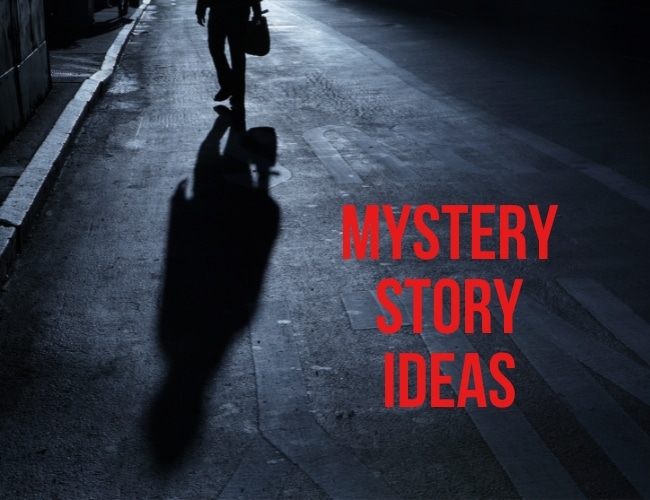
by Ruthanne Reid |
Fantasy as a genre includes a wide range of characters, quests, mythical creatures, and fantasy worlds. I love to escape everyday life in fantasy stories where there’s powerful magic coupled with compelling storytelling.
Here are twenty fantasy short story ideas to help you create your own!

by Ruthanne Reid |
Your story’s setting includes everything that affects your characters. It is the environment in which they live, breathe, and find meaning. It is where they fail and learn to succeed. All this to say, your story’s environment matters.

by Ruthanne Reid |
If you write fiction, you need world building. It’s the skeleton of your story: though unseen, those bones determine the shape of the beast.

by Ruthanne Reid |
Hello, friends! Last time, I shared 20 fantasy story ideas to get your brain moving. This time, it’s my pleasure to go from earth to space. It’s time for…*drum roll* sci-fi story ideas!

by Ruthanne Reid |
Do you enjoy a good whodunit? So do I! There’s something wonderful about a cozy mystery, especially for writers. Crafting a good mystery is one of the best writing exercises there are. Today, it’s my pleasure to share with you some fun, quirky, story ideas for writing mysteries.







